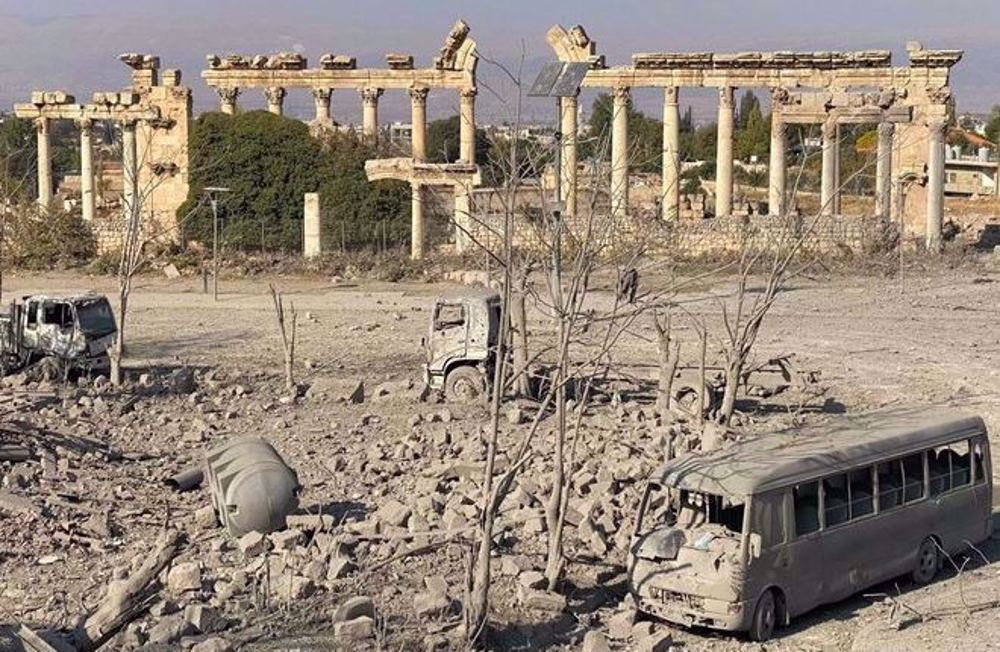World facing severe water crisis: United Nations
The United Nations has warned that the world will plunge into a severe water crisis in the near future unless countries adopt universal reforms.
Current trends on the use of the precious resource will place the world at a 40-percent water deficit by 2030, the UN said in its annual World Water Development Report on Friday.
“The fact is there is enough water to meet the world's needs, but not without dramatically changing the way water is used, managed and shared,” the report said.
The UN pointed to a laundry list of present abuses, including contamination of water by pesticides, industrial pollution and runoff from untreated sewage, and overexploitation. Climate change and urbanization will also add to the coming crisis.

Finding a solution to the problem
Tackling the issue requires smart and responsive governance that pushes rules and incentives to curb waste, punishes pollution, encourages innovation and nurtures habitats that provide havens for biodiversity and water for humans, the report said.
“Measurability, monitoring and implementation” are certain measures urgently needed to make water use sustainable, added Michel Jarraud, head of the UN-Water and the World Meteorological Organization (WMO).

One of the biggest drivers behind the upcoming water crisis is a surge in population growth, the report said.
By 2050, global demand for water is expected to increase by 55 percent, mainly due to urban growth.
“Cities will have to go further or dig deeper to access water, or will have to depend on innovative solutions or advanced technologies to meet their water demands," the UN said.

The upcoming water crisis would be particularly deleterious on hot, dry and thirsty regions which are already struggling with relentless demand, the report highlighted.
“Parts of China, India and the United States, as well as in the Middle East, have been relying on the unsustainable extraction of groundwater to meet existing water demands,” said Richard Connor, a water expert and the report's lead author, adding that some of these areas may become uninhabitable.
GMA/NN/HMV
VIDEO | Yemen’s armed forces target Israeli airbase amid nationwide pro-Palestinian rallies
Putin vows more test of new hypersonic missile
VIDEO | Jordanians continue rallies to denounce Israeli genocide in Gaza, Lebanon
6 Israeli soldiers commit suicide: Reports
Diplomat discourages recourse to pressure, intimidation, confrontation against Iran
UN: 2024 deadliest year for aid workers amid genocide in Gaza
Gaza health official warns of hospital shutdowns within 48 hours
Israel kills 5 more paramedics in southern Lebanon: Health ministry










 This makes it easy to access the Press TV website
This makes it easy to access the Press TV website